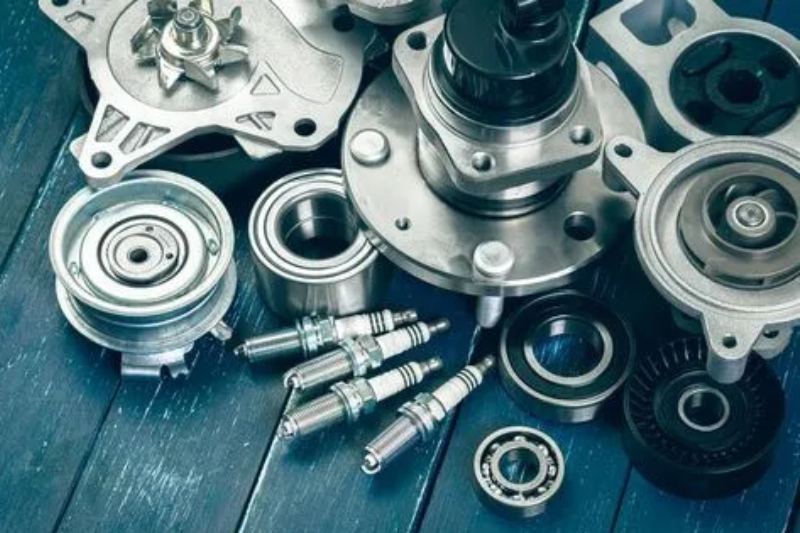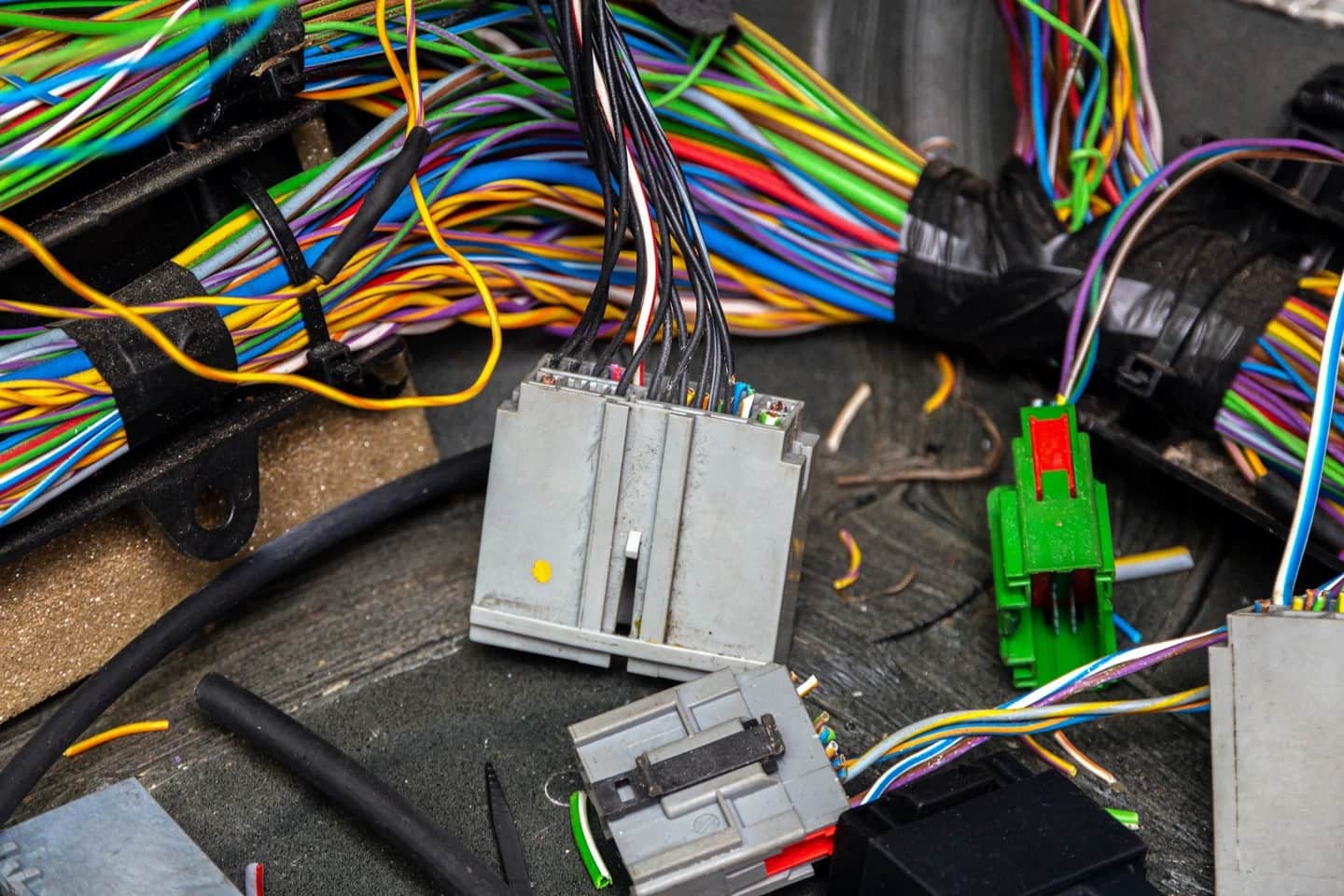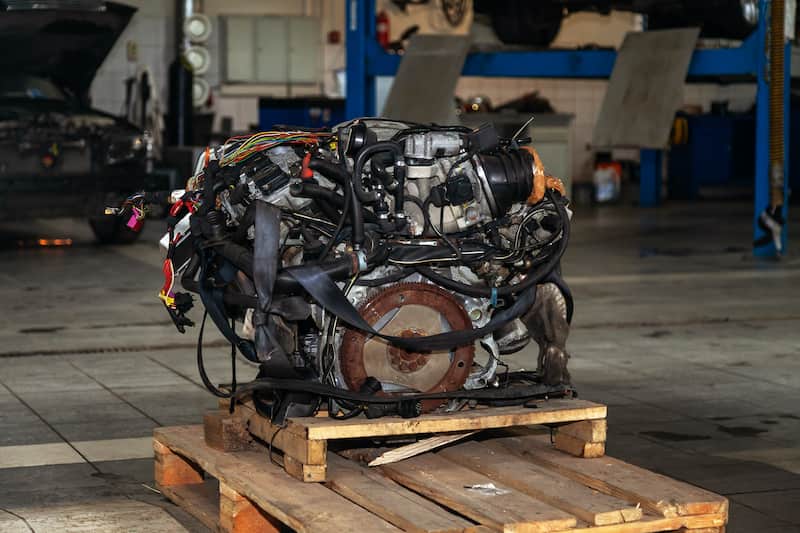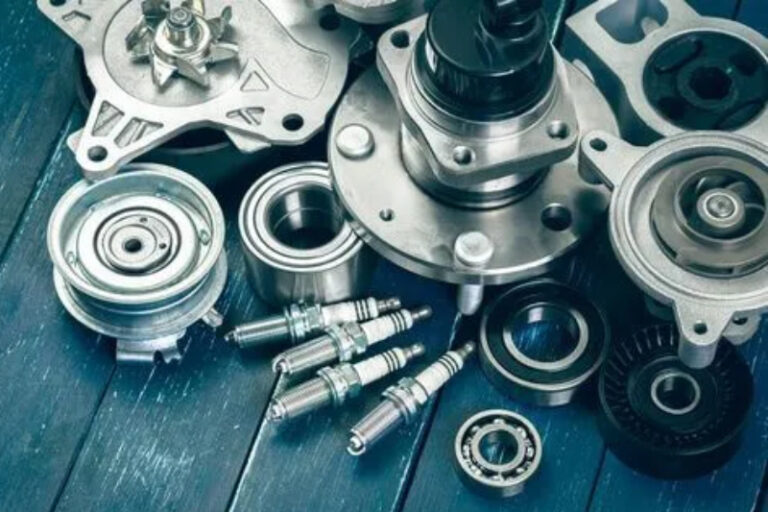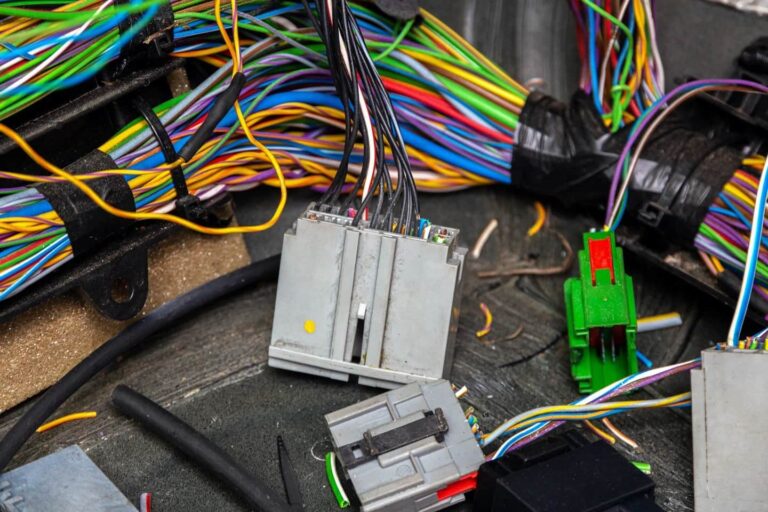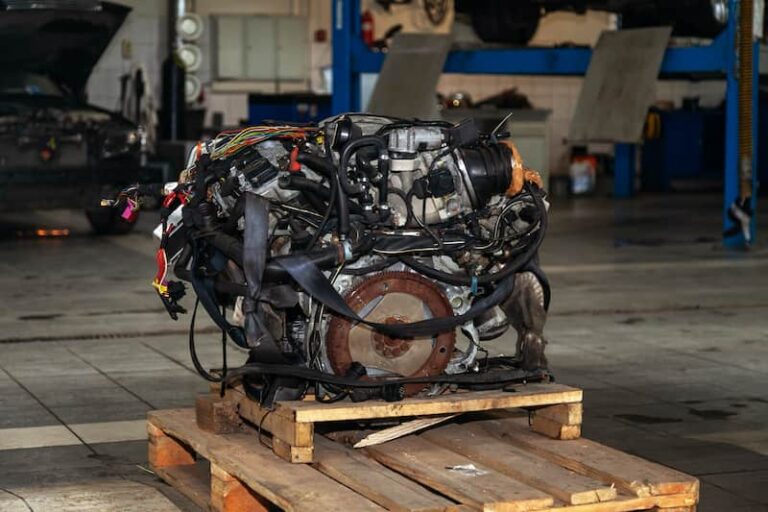The engine can be considered the heart and soul of a car. A vehicle equipped with a powerful and efficient engine performs at its best, delivering smooth acceleration, fuel efficiency, and overall reliability. But even the best engines can face challenges – and in the case of Honda’s turbocharged engines, some owners have raised concerns.
Honda has long been recognized for reliability and engineering excellence, but reports of Honda turbo engine problems, especially in the 1.5L and 2.0L turbo engines, have caused some frustration among drivers. The most common issues include oil dilution, carbon build-up, and spark plug damage. Let’s take a detailed look at what’s going wrong and how these problems can be addressed effectively.
Honda 1.5L Turbo Engine Problems
The Honda 1.5L turbo engine is a compact, four-cylinder engine that powers several popular models, including the Civic, CR-V, and Accord. First introduced in 2016, it was designed to deliver efficiency and performance through a small turbocharger. Producing about 174 horsepower, it’s an impressive setup for small to midsize cars.
However, this engine has been reported to face a few recurring issues.
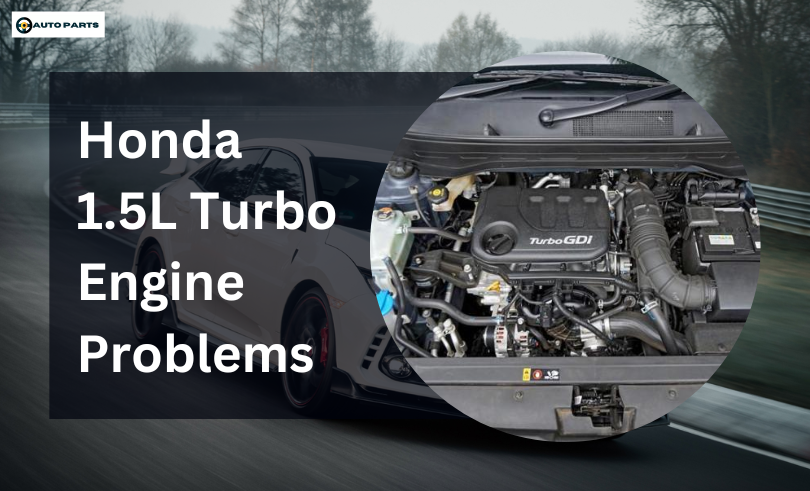
Oil Dilution – The Major Culprit
One of the most significant and widely discussed problems in the Honda 1.5L turbo engine is oil dilution. This occurs when unburned fuel mixes with engine oil, reducing the oil’s ability to lubricate engine components. As a result, performance deteriorates, internal friction increases, and long-term damage may occur.
This issue is especially common in cold climates where engines take longer to reach optimal operating temperature. Short trips worsen the problem, as the engine doesn’t get hot enough to evaporate the fuel mixed in the oil.
Symptoms of Oil Dilution:
- A noticeable gasoline smell when checking the engine oil.
- Higher-than-normal oil levels on the dipstick due to fuel mixing with oil.
- Poor acceleration, misfires, or stalling because of reduced lubrication.
Solution:
The most effective solution is to allow your engine to warm up properly and take longer drives periodically. Regular oil changes and using high-quality synthetic oil can help reduce the effects of dilution. Honda has also introduced software updates to improve engine temperature regulation and fuel injection timing.
Carbon Build-Up on Intake Valves
Another recurring issue in Honda turbo engines is carbon build-up, particularly on the intake valves. This problem arises due to the direct fuel injection (DI) system design. Unlike older port-injected engines, DI engines spray fuel directly into the combustion chamber, which means the intake valves don’t get cleaned by fuel flow. Over time, carbon deposits accumulate, restricting airflow and reducing efficiency.
Common symptoms of carbon build-up include:
- Engine hesitation or rough idle
- Loss of power or acceleration
- Misfires or poor fuel economy
Solution:
The best-known solution to remove carbon build-up is “walnut blasting.” This process involves blasting crushed walnut shells through the intake system to clean the valves. Performing this cleaning every 50,000 – 70,000 miles can maintain optimal performance.
Damaged Spark Plugs
Because of excessive carbon deposits and fuel contamination, spark plugs in the 1.5L turbo engine may fail prematurely. When spark plugs are covered with carbon or oil residue, they fail to ignite the air-fuel mixture properly, leading to rough idling, misfires, or reduced fuel efficiency.
Solution:
Replace the spark plugs with OEM or high-quality aftermarket options at regular intervals (around every 30,000 – 40,000 miles). Keep an eye on the condition of the plugs during routine maintenance to catch problems early.
Honda 2.0L Turbo Engine Problems
The Honda 2.0L turbocharged four-cylinder engine is a more powerful version found in performance-oriented models like the Honda Civic Type R and Accord 2.0T. This engine is admired for its quick acceleration and smooth delivery of power. However, like its smaller sibling, it is not entirely free from issues.
Oil Dilution – Once Again
Even the 2.0L turbo engine isn’t immune to oil dilution. This issue, found in 2016–2020 models, has been documented in both the Honda Civic and Accord. The blending of fuel and oil reduces lubrication quality, leading to premature engine wear and increased emissions.
Solution:
Frequent oil changes and ensuring the engine runs at its optimal temperature can help. Honda dealerships have also implemented software patches to improve cold-weather fuel management.
Turbocharger Failure
Turbocharger problems have also been reported in the 2.0L engine. When the turbo fails, it can cause poor acceleration, increased exhaust smoke, and reduced fuel efficiency.
The main reason behind turbo failure is oil contamination or improper lubrication. Dirty oil or a clogged oil line prevents the turbo from cooling properly, leading to bearing or seal damage.
Solution:
- Perform oil changes regularly using manufacturer-recommended oil.
- Inspect the air filter and intercooler to prevent debris buildup.
- Replace the turbocharger immediately if you notice excessive smoke or whining noise from the engine.
Defective Piston Rings
Defective or worn piston rings can cause problems like oil leaks, knocking noises, or poor compression in the 2.0L turbo engine. When piston rings fail to seal properly, oil can leak into the combustion chamber, triggering a check engine light or causing increased oil consumption.
Solution:
If you suspect piston ring failure, have the engine inspected by a professional. Depending on the severity, you may need to rebuild or replace the affected components. Maintaining regular oil changes and using the correct viscosity oil can help prevent this issue.
Has Honda Fixed the Turbo Engine Problems?
Honda has acknowledged some of these issues and introduced several software updates and design improvements in newer models to address them. While the 2016–2018 models were most affected, post-2020 models have shown significant improvements in managing oil dilution and combustion efficiency.
Still, it’s important to maintain your vehicle properly – warm up your engine, change oil regularly, and use only high-quality fuels and lubricants.
If the engine continues to malfunction, you can consider a Honda engine replacement. Whether you opt for a new engine or a used one, ensure it’s in good condition. Replacement costs vary depending on the model and year but typically range from $2,500 to $5,000, including labor.
Frequently Asked Question
Honda has implemented several software updates to address oil dilution in the 1.5L turbo engine. However, some users still report issues, particularly in colder regions.
With proper care, Honda turbo engines can last over 250,000 miles. Regular oil changes and warm-up routines are crucial for longevity.
Yes, despite a few known issues, the 2.0L turbo engine is considered highly reliable for its performance, acceleration, and smooth operation.
Common signs include reduced power, slow acceleration, whining noises, blue or gray smoke, and a persistent check engine light.
Follow a strict maintenance schedule, change oil frequently, use top-tier fuel, and allow your engine to reach full temperature before heavy driving.



